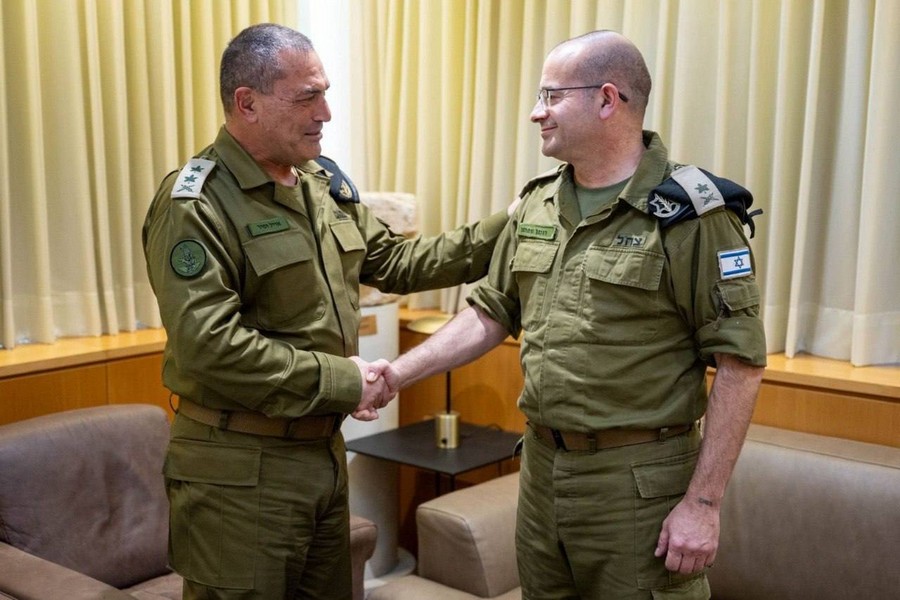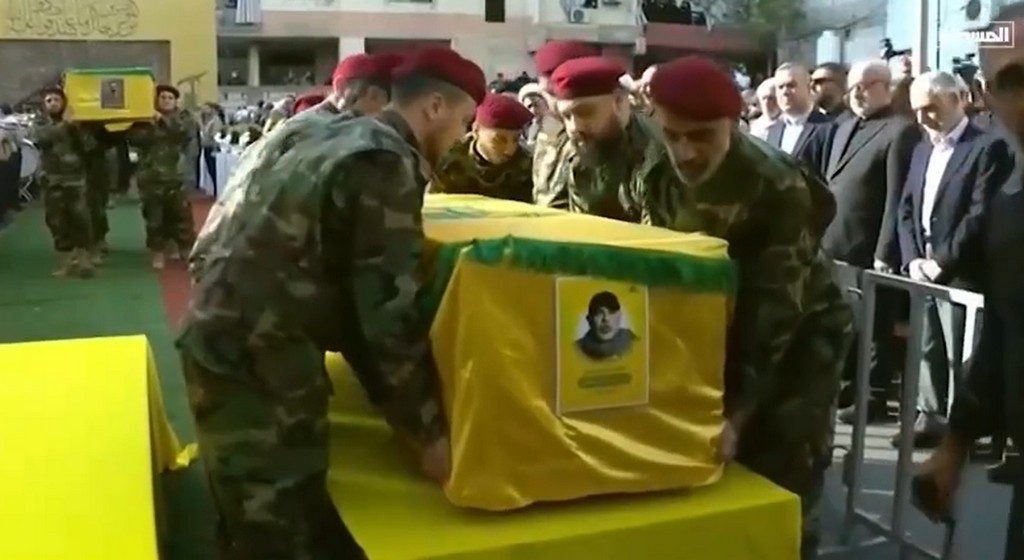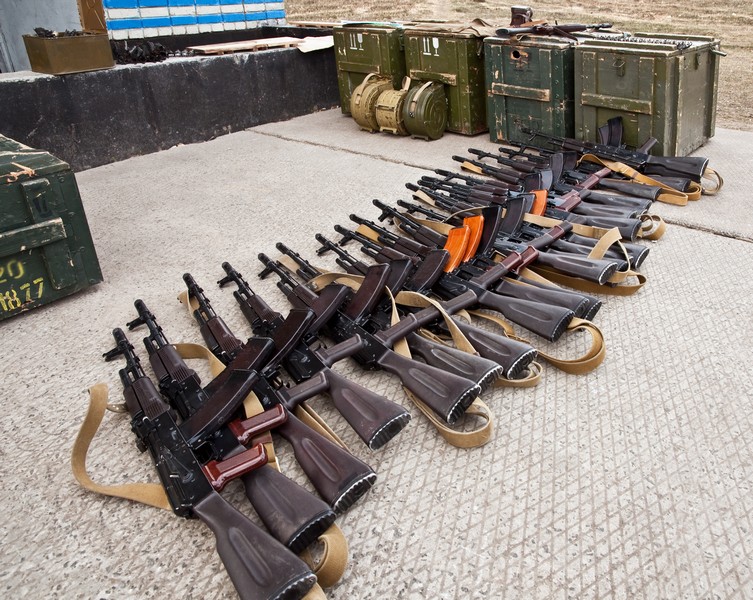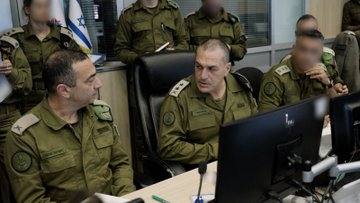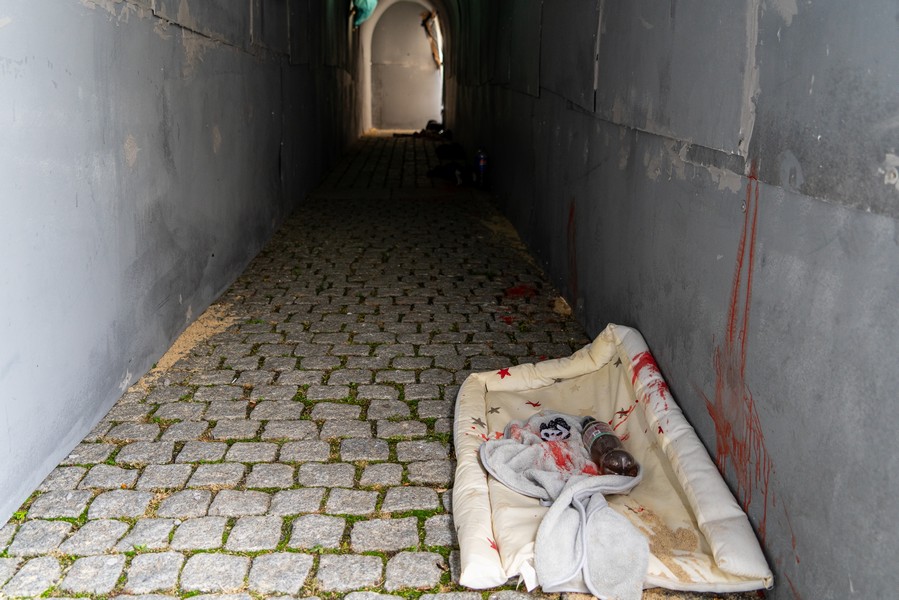‘He has the courage to make decisions’
Yossi Amrusi: While the appointment of an external candidate is controversial given the Mossad’s recent successes, Gofman possesses the core character trait required for the job.
In the last war, Mossad worked in a phenomenal form. Its achievements in Lebanon with the operation of the beepers and the achievements in Tehran and in Iran in general with the intimate intelligence that it succeeded [in delivering] on the most senior officials in the Revolutionary Guards, the Iranian scientists, this is phenomenal work that will be taught in schools for espionage and intelligence for tens of years more.
Published in JNS, December 11, 2025.
